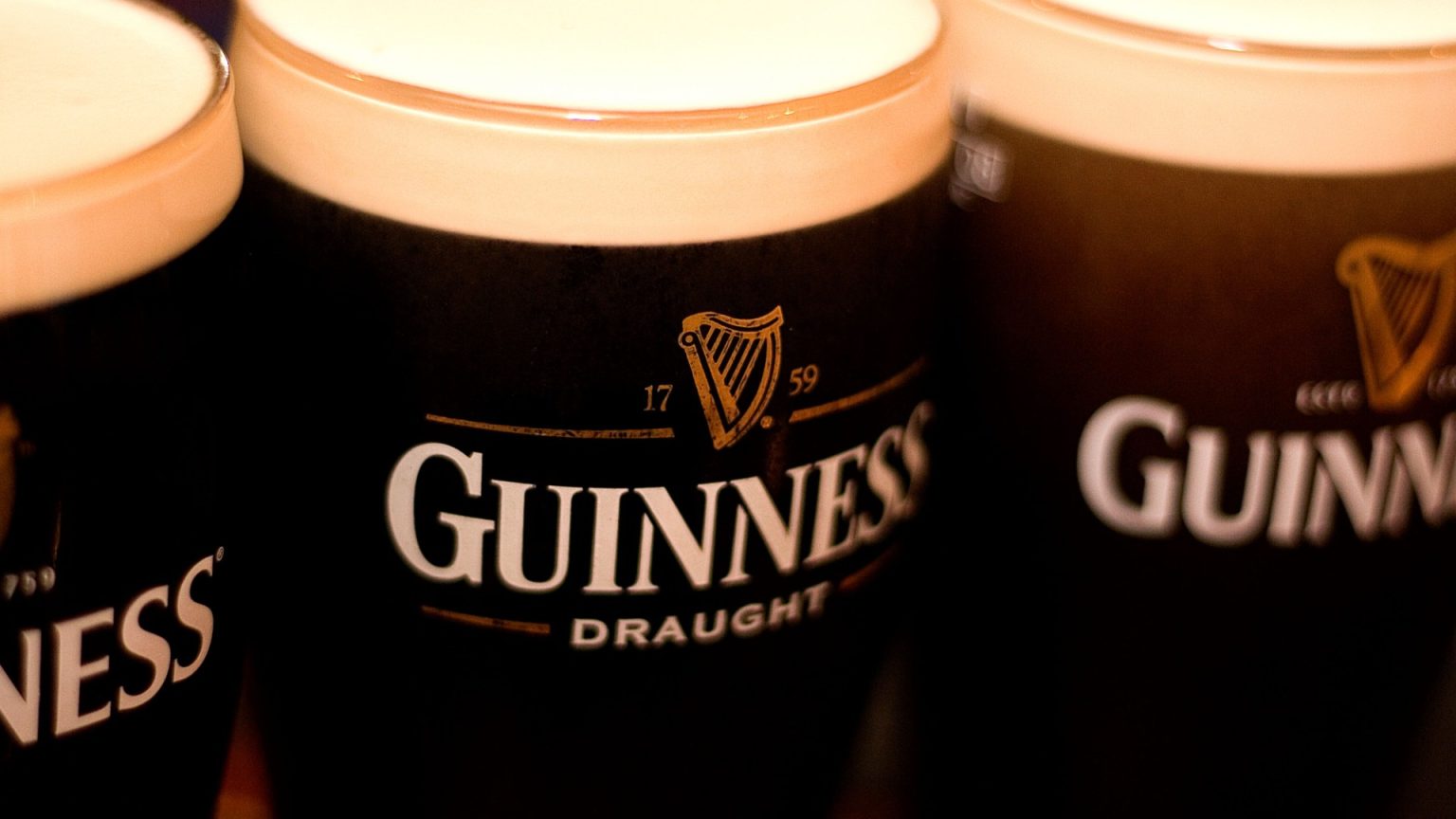The scarcity of Guinness in the UK has led to unusual measures at a London pub, The Old Ivy House. Faced with a drastically reduced supply of the popular Irish stout, the pub has implemented a rationing system, issuing customers with special cards that allow them to purchase only one pint of Guinness after buying two other beverages. The pub’s owners have embraced the situation with good humor, turning the rationing into a playful experience for patrons. This scarcity, attributed to “exceptional consumer demand” by Guinness’s parent company Diageo, highlights a broader trend of increasing popularity for the iconic stout, particularly amongst rugby fans and a growing online community of self-proclaimed “Guinnfluencers.”
The shortage of Guinness barrels, normally eight per week for The Old Ivy House, has been significantly reduced to just three. This dramatic decrease in supply, occurring during the peak festive season, has forced the pub to adopt the ration card system to ensure as many customers as possible have the chance to enjoy a Guinness. While the pub’s owners hope the rationing will be temporary, the continuation of the system is contingent upon the arrival of their next delivery, expected the following Wednesday. The situation underscores the significant demand for Guinness in the UK market, especially during periods of increased social activity like the holiday season and major sporting events.
Diageo, acknowledging the supply constraints, has assured customers that they are working to maximize production and streamline distribution to pubs across the UK. The company is collaborating with its customers to manage the limited supply efficiently during this period of high demand. The surge in Guinness consumption, up over 20% between July and October, has been linked to a convergence of factors, including colder weather and a series of international rugby matches, which have historically boosted the drink’s popularity. This confluence of events has seemingly stretched Guinness’s supply chain, leading to the shortages experienced by pubs like The Old Ivy House.
The Guinness shortage comes amidst other significant developments in the UK beer market. Carlsberg Marston’s Brewing Company (CMBC) recently announced the discontinuation of eleven classic cask beers, a move that has been met with criticism, particularly from the Campaign for Real Ale (CAMRA), which sees it as a loss of British brewing heritage. This decision by CMBC reflects broader trends in the industry, where global companies sometimes prioritize larger, more commercially viable brands over traditional, niche offerings.
Furthermore, a number of major beer brands have reduced the alcohol content (ABV) of their lagers, likely as a cost-saving measure in response to the UK’s new alcohol duty system, which taxes drinks based on their strength. Brands like Hophead, Banks’s Amber Ale, Carlsberg Danish Pilsner, and Grolsch Premium Pilsner have all seen their ABV lowered. This change in taxation has incentivized producers to lower the alcohol content of their products to mitigate increased costs while maintaining profitability. These adjustments are passed on to consumers, who effectively receive less alcohol for the same price.
The increasing popularity of Guinness, combined with the broader changes in the UK beer market – from supply shortages to ABV reductions and the discontinuation of traditional cask ales – reveals a dynamic and evolving landscape. The industry faces challenges related to supply chain disruptions, changing consumer preferences, and new tax regulations. These factors are forcing both producers and retailers, like The Old Ivy House, to adapt and innovate in order to navigate the changing market dynamics and meet consumer demand.
Meanwhile, for consumers looking to manage their alcohol spending, several strategies can help mitigate the rising cost of beverages. Bulk buying, particularly for wine and sparkling wine, can offer significant discounts, especially when retailers offer promotional deals. Comparison websites and loyalty programs can also help consumers find the best prices and unlock additional savings. Wine clubs, while requiring membership fees, can offer access to cheaper prices and a wider variety of wines. These approaches, combined with responsible drinking habits, can help individuals enjoy alcoholic beverages without overspending.











